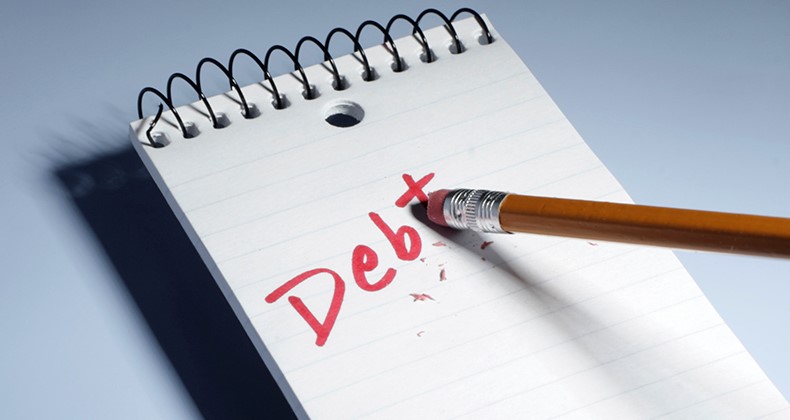If you’ve ever been deep in debt, whether it’s student loans or credit card bills, you know how much it can impact the rest of your life. You don’t have as much leftover at the end of the month to spend on the things you want, you don’t have anything to save, and when things get really bad, you don’t have enough to make ends meet.
Getting out of debt and staying out of debt can change everything about your life. You won’t have this massive weight dragging you down and limiting your life choices. There’s also a lot of advice out there for getting debt-free. These are just some of the ways you can get started.
Get Out of Impossible Debts
In some cases, getting out of debt is more than just a challenge, it’s actually impossible. If you cannot afford to make minimum payments on all of your debts, or you owe more than you could ever pay off, you need to seek out someone who can help you with insolvency.
Licensed Insolvency Trustees such as Debt Help BC do this kind of work. They work with individuals and small businesses administering bankruptcies and consumer proposals.
Cutting Your Spending
This step is simple, but the reason you keep hearing it is because it’s so hard to do. It’s hard to change your lifestyle when you’ve gotten used to it. If you’ve experienced a loss of income, or new, costly responsibilities (like starting a family), you’ve got to cut somewhere.
Changing Behaviors
Stop doing what got you into debt in the first place. If you were reckless with your credit card, a student acquiring debt you couldn’t afford, or if you fell into debt after a job loss, there are ways you can change your behavior.
You can cut up your credit cards and pay with cash. You can work to save for further education. You can start saving an emergency fund for future job loss.
Save Up an Emergency Fund
How ready are you for a surprise expense? Could you afford a $50 fee for that field trip your kid forgot to tell you about? What if you spilled coffee all over the laptop you need to do freelancing work?
Now what if the emergency was even more severe, like being laid off from your job or suffering a medical emergency that prevented you from working? Financial experts recommend saving up 3-6 months of expenses in quickly-accessible cash reserves. The more precarious your employment, the closer to the 6-month mark you should aim for. The rest of your savings you can invest in a savings vehicle that is not as liquid.
When Is Debt a Good Thing?
Not all debt is bad. There are certain types of debt that help you build up assets and ultimately improve your financial situation, such as a mortgage or a student loan. These are investments in your future skills and assets. If you can qualify for good interest rates and afford to make the payments, you don’t have to be totally debt-free, but you can make debt work for you.


One Response
Thanks for sharing. I read many of your blog posts, cool, your blog is very good.